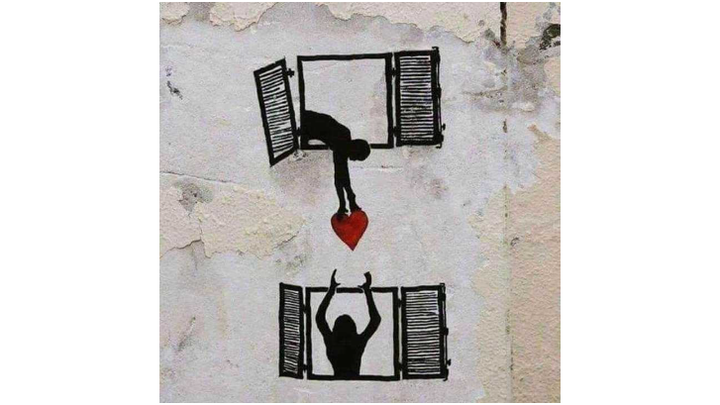
Keep Berkeley Mutual Aid Running
When people connect, magic happens.
“Honest to God, it’s like she came down from heaven just to take care of me and get me through this,” said 82-year-old Breda Courtney, a Berkeley Mutual Aid participant who told her story in this Washington Post article.
In the crucible of this pandemic, we are forging something powerful—something our community has always needed. Berkeley Mutual Aid is a people-powered community network helping people stay safe and connected through the COVID-19 crisis, and directing help where it is needed most.
- A son reaches us from New York City during the height of the pandemic there, wanting to make sure his elderly mom in Berkeley has someone looking out for her
- An 82-year old woman gradually growing blind needs to find a way to read her mail
- A college-age volunteer who didn’t know he needed anyone discovered that his senior citizen buddy can support him as a local emergency contact for when he goes to protests
- A father, home with his adult special-needs children, just needs someone to talk to
- A young mother and her baby, living in a car, need emergency food, and help connecting with local supportive agencies
We matched each of these people with someone who could help. The matches we create are not one-off transactions but relationships to provide ongoing, potentially life-saving support.
Since March of 2020, we have grown to an organization of over 1,300 people and a volunteer staff of 25. We estimate we have organized 20,000+ volunteer hours, and facilitated $15,000+ in direct food and emergency assistance.
Our all-volunteer network is structured around the community principle of “Solidarity, not Charity,” and we believe that building a stronger social safety net benefits all people in the community.
Our ask: Help sustain this magic. Simply put, we are counting on your financial support to help us continue to serve the most vulnerable in our community. COVID isn’t gone yet, and we can’t survive as a solely volunteer-based organization.
Many of our volunteers are being called back to work, or are dealing with children and school closures and other personal challenges. Careful management of our growing network is labor intensive, and is particularly important due to the sensitive, personal information that people share with us.
We also want to sustain Berkeley Mutual Aid as an organization that can support our community through Bay Area disasters yet to come, and to address the ongoing emergencies that vulnerable people in our community face.
Funds raised will help pay staff and cover overhead expenses (for example, phone lines to handle our high volume of calls and texts and Zoom accounts for community meetings). Most crucially, these funds will pay for people’s time seeking grants and other funding, and exploring how to make Berkeley Mutual Aid a sustainable effort. The money you contribute will ensure that BMA can continue to exist and operate in solidarity with the Berkeley Community through this crisis and beyond.
On behalf of Berkeley Mutual Aid and the people we support, thank you for your support.
FAQ about this fundraiser:
Q: What, specifically, are you going to use this money for?
A: Funding will be used to cover costs for BMA, under the umbrella of our parent 501c(3) organization, Berkeley Disaster Preparedness Neighborhood Network, to contract an Executive Director to manage the network and develop a sustainable model for the future. As financial support allows, we will aim to bring on another full-time staff member.
Q: Why is it okay to raise money to pay people when some people are still having a hard time affording groceries?
A: We have wrestled with this very question. Our current structure is challenging to sustain long-term, as it involves a lot of oversight and coordination. Careful management of our matches and other community-support programs is labor intensive, and is particularly important due to the sensitive, personal information that people share with us.
We want to explore making BMA a nonprofit with 1-2 full-time employees to manage the organization and to coordinate the volunteer network for the foreseeable future. The vast majority of work (both administrative and in the field) would continue to be volunteers.